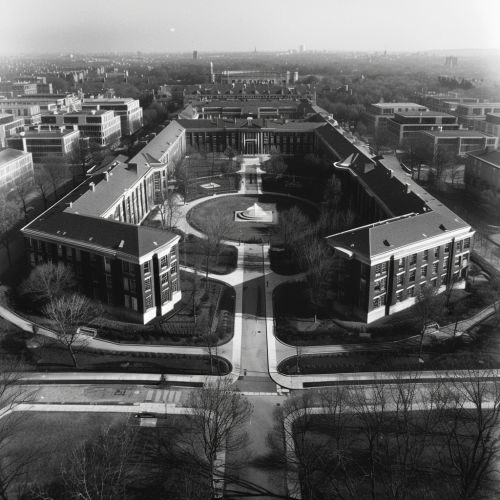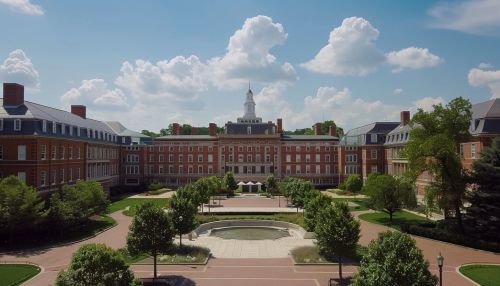Institute for Advanced Study
Overview
The Institute for Advanced Study (IAS) is a private, independent academic institution located in Princeton, New Jersey. Established in 1930, the IAS is dedicated to the pursuit of fundamental knowledge in the sciences and humanities. It is one of the world's leading centers for theoretical research and intellectual inquiry.


History
The Institute for Advanced Study was founded in 1930 by American educator Abraham Flexner, together with philanthropists Louis Bamberger and his sister, Caroline Bamberger Fuld. The IAS was conceived as a place where scholars could pursue their studies without the distractions of teaching or other university duties.
Organization and Administration
The Institute is organized into four Schools: Historical Studies, Social Science, Natural Sciences, and Mathematics. Each School is led by a Faculty, who are appointed by the Board of Trustees. The Institute's Director and the Faculty have considerable autonomy in the selection of Members, who are invited to the Institute to conduct research.
Research and Scholarship
The IAS has been a center of intellectual innovation for over 90 years, fostering breakthroughs in fields ranging from quantum mechanics to art history. It has been home to some of the most distinguished scholars in the world, including Albert Einstein, who was one of the first Professors at the Institute.
Notable Members and Faculty
Over the years, the Institute has been home to a remarkable number of distinguished scholars. Among them are 33 Nobel laureates, 42 of the 60 Fields Medalists, and 18 of the 20 Abel Prize winners.
Influence and Impact
The Institute for Advanced Study has had a profound impact on the academic world. Its focus on pure research has led to major advances in many fields, and its scholars have played a key role in the development of the modern academic landscape.
